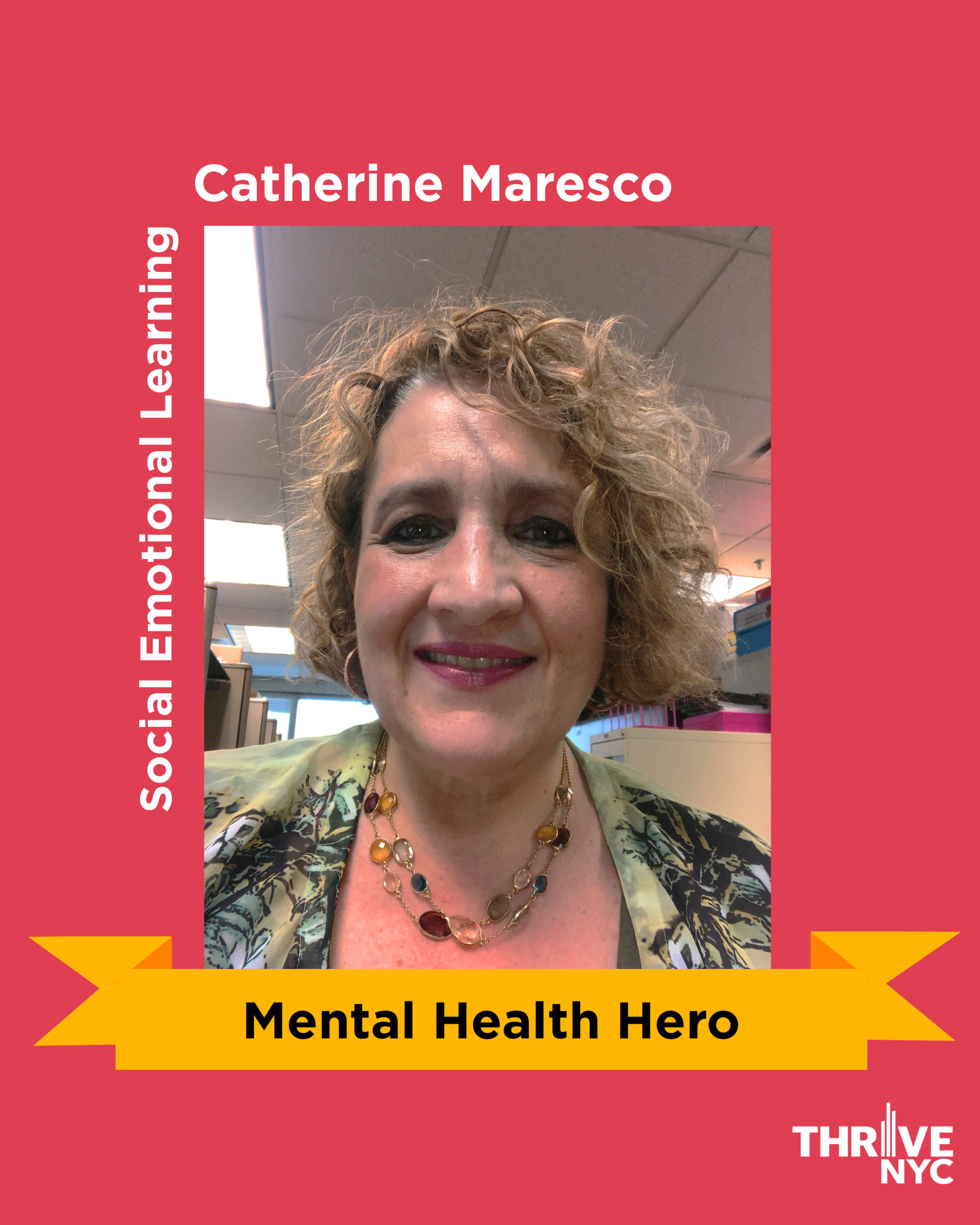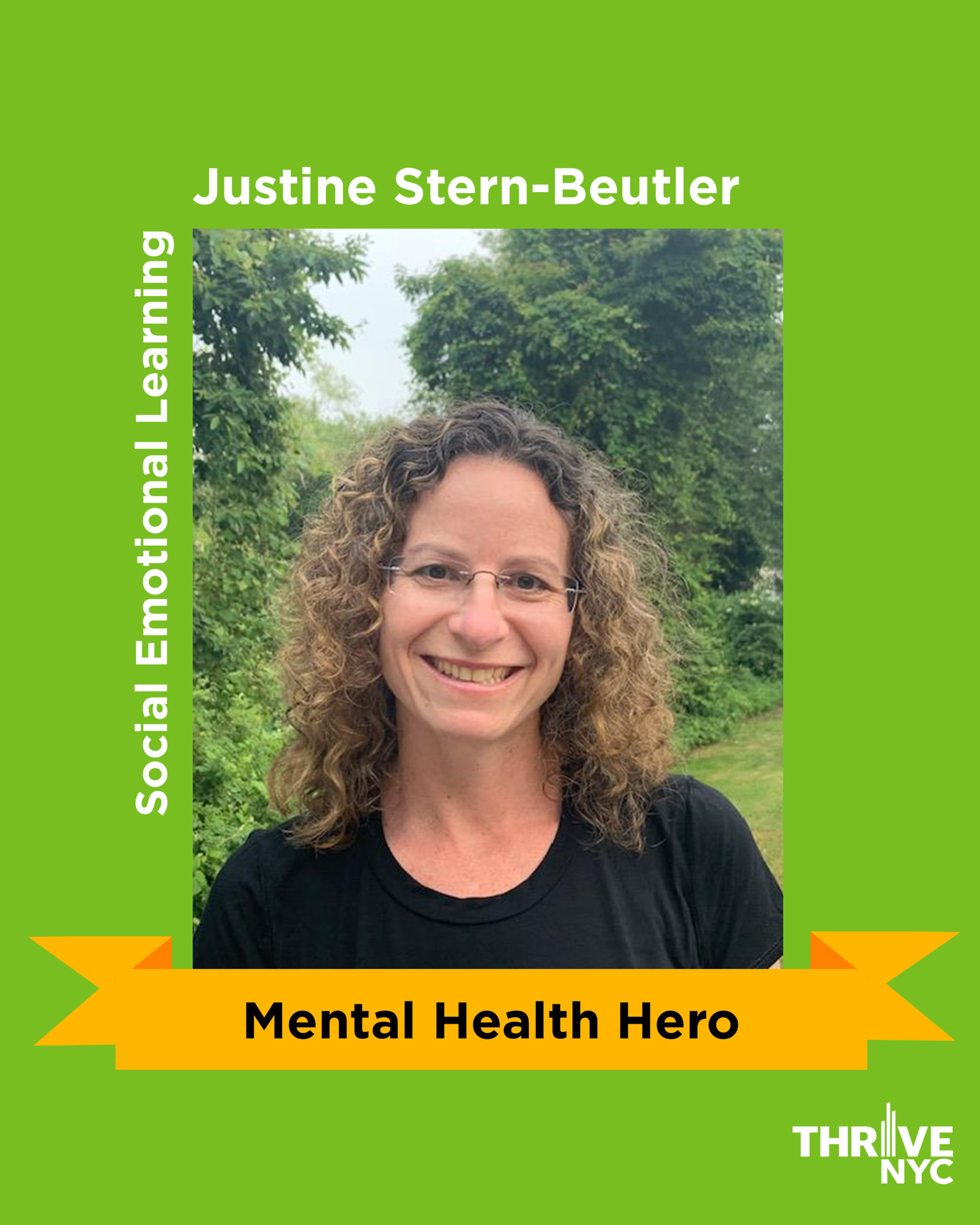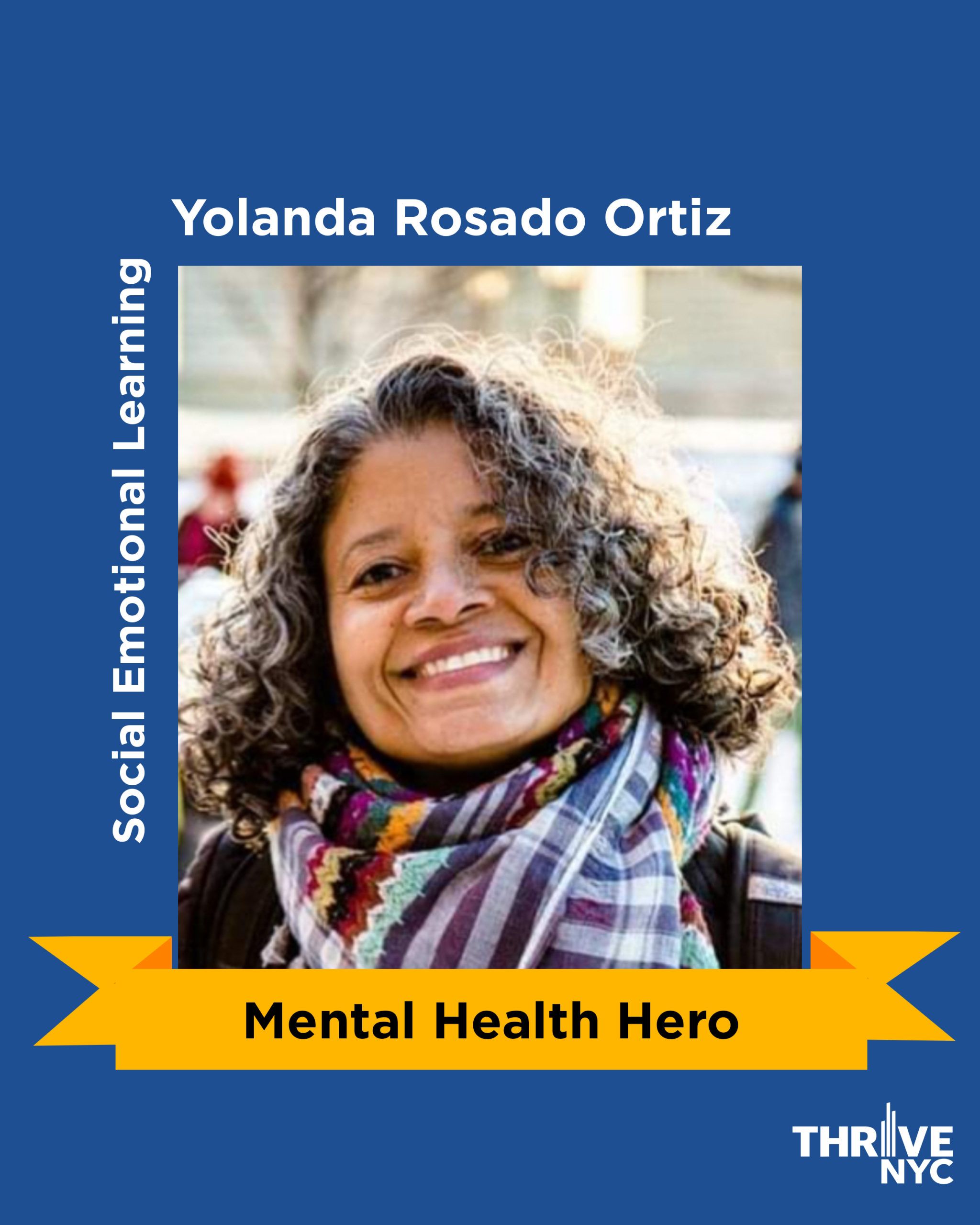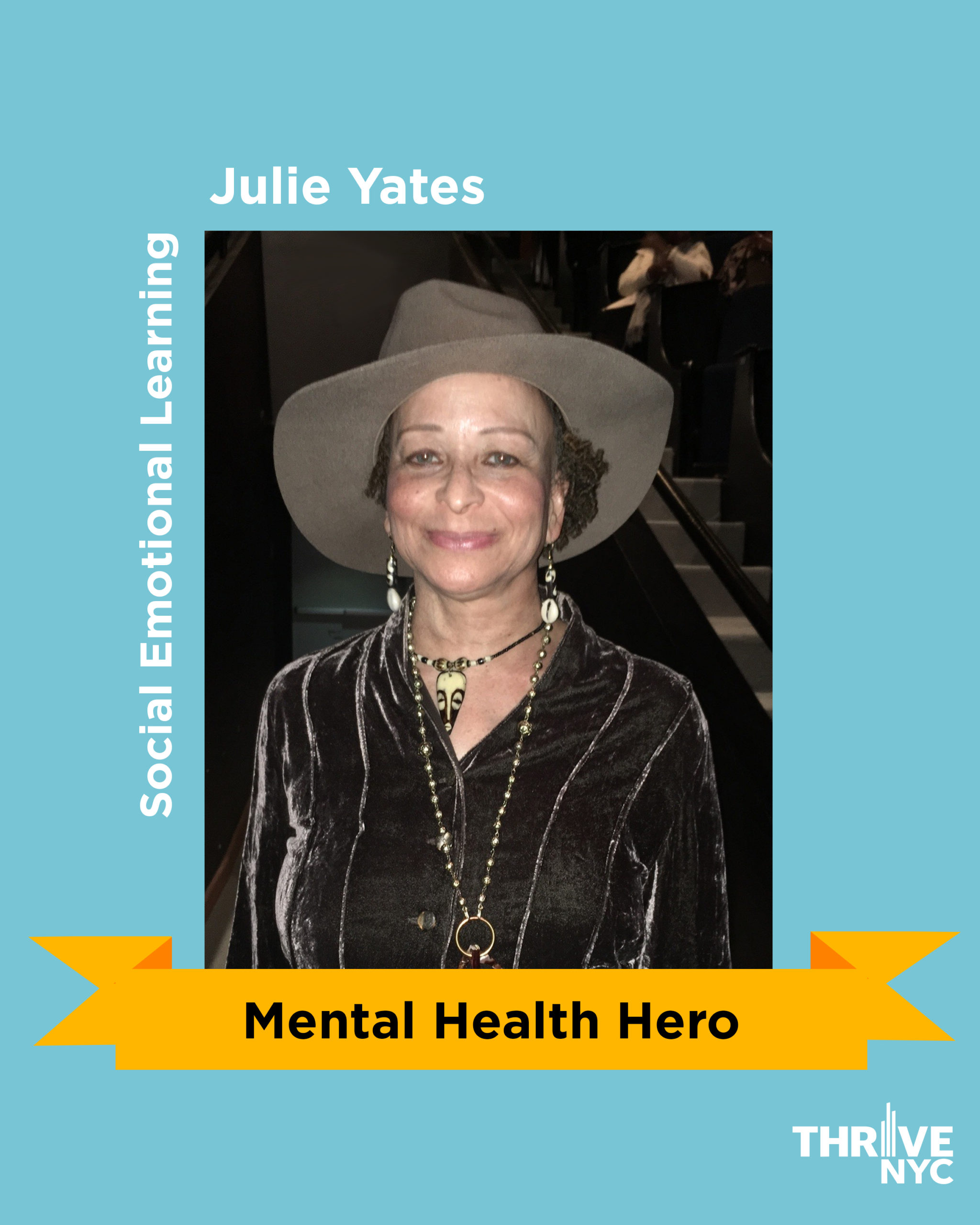Social Emotional Learning: Stepping up for families in crisis
 Social workers are used to adapting to new circumstances – fast thinking and creative problem-solving are part of the job. But when the COVID-19 pandemic came to the Bronx, four Early Childhood Social Workers took adaptation to the next level.
Social workers are used to adapting to new circumstances – fast thinking and creative problem-solving are part of the job. But when the COVID-19 pandemic came to the Bronx, four Early Childhood Social Workers took adaptation to the next level.
Catherine Maresco, Justine Stern-Beutler, Yolanda Rosado Ortiz, and Julie Yates pride themselves in creating safe and nurturing classrooms for all kinds of young learners. They loved visiting classrooms, and offering support to teachers and students. But then the schools closed.
Almost overnight, children’s homes became the classrooms. On top of that, many of the families – and the staff – were in various forms of crisis, from sickness to parents losing their jobs.

Tragically, some families and school staff were mourning the loss of their loved ones.
Ms. Maresco, Ms. Stern-Beutler, Ms. Rosado Ortiz, and Ms. Yates adjusted to meet the profound need of the moment. They began sharing resources on self-care with parents and teachers. They set up regular online check-ins to make sure caregivers were also taking care of themselves. Where they could, they helped people in their community grieve, and helped children process their losses.
“Social workers work with children and families that may have had a loss, but not at this scale,” said Rudene Scipio, Mental Health and Wellness Administrator, Bronx. “These four have really stepped up to the plate.”

“Their dedication and commitment to the health and wellness of the Bronx community have shown that they are heroes,” continued Scipio. “And this remote work highlights it even more.”
From Ms. Maresco:
“Advocacy and support for one another, especially for those whose voices are often unheard, is most important to me. As an Early Childhood Social Worker, what keeps me motivated and inspired is the resilience of children and the strength of their families.”
From Ms. Stern-Beutler:
“I always focused on helping others by empowering them to bring about positive change in their lives. The successes that I have seen and my personal support systems – my family and my colleagues – give me the strength to continue to support others in need.”

From Ms. Rosado Ortiz:
“I strongly believe in the importance of addressing the social and emotional needs of children and families in our public-school system as part of my life-long commitment to work against the systemic cumulative economic, racial and social injustice in our marginalized communities of the Bronx, where I live.”
From Ms. Yates:
“I became interested in this work as a very young child due to my compassion, and intolerance of the suffering of marginalized and under-resourced people, and the continuous curiosity, and understanding of how to alleviate ills of society. I am relentlessly compelled after working in many areas of the developmental stages from early intervention to the elderly, as well as substance use; due to the pervasive injustice, and hypocrisy that continues racially, economically, educationally, and medically. In addition, I am compelled to work for positive change for: housing and food insecurity, care of the elderly, people with disabilities, the treatment of LGBTQ people; and the deliberate deletions, and inaccuracies (especially with the historical, and current education of our young learners) of the contributions that people of color have made, and continue to make to this country.”
Community mental health program: Social Emotional Learning
Social, emotional, and behavioral regulation skills are foundational for learning and well-being. Through a partnership between ThriveNYC and the Department of Education, Pre-K and 3-K programs across New York City provide social-emotional learning support to students, families, program leaders and teaching teams. Over 3,000 teachers and program staff participated in at least one professional learning session through this program since it launched in 2016. And, an additional 3,000 parents and caregivers have attended family workshops to learn social emotional development practices since 2016. Learn more about the program and its impact here.